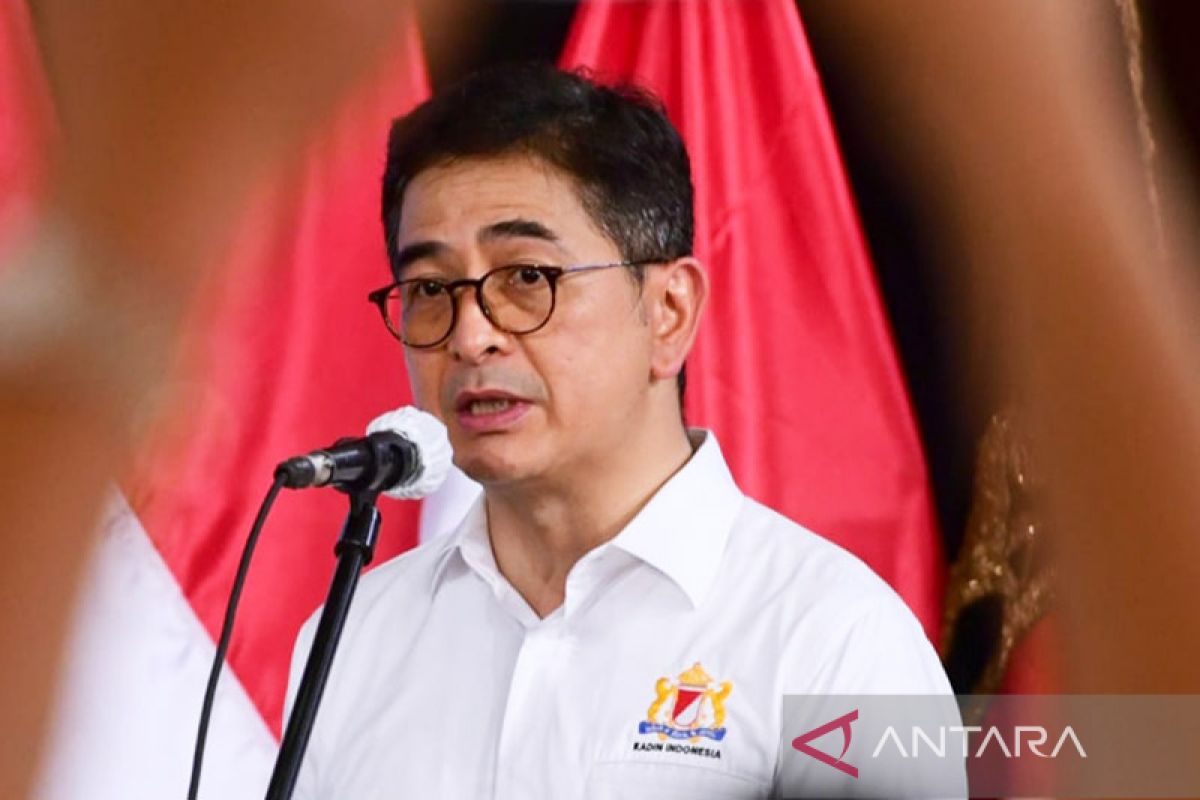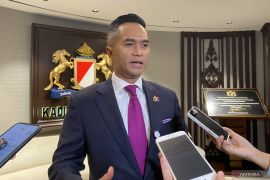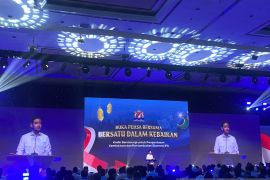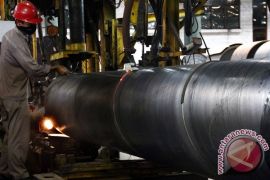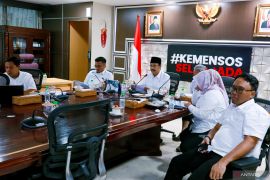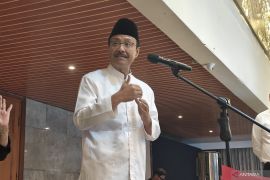Company productivity is threatened with a decline, while salary is urgently needed to be raisedJakarta (ANTARA) - The Chamber of Commerce and Industry (Kadin) believes the government acted aptly by allocating 25 percent of the state budget for social assistance, or direct cash assistance, to reduce the impact of rising fuel prices.
Chairman of the Chamber of Commerce and Industry Arsjad Rasjid stated, as quoted here on Monday, that the measure was taken to ensure that Indonesia could end dependence on subsidies for fuel deemed inconducive for the environment.
"In addition, such a large fuel subsidy fund will have a major impact on the future if it was allocated to build 200 thousand elementary schools, 40 thousand public health centers, and three thousand hospitals in (underdeveloped, frontier, outermost) areas," he remarked.
Currently, the government was disbursing cash assistance for underprivileged families and vulnerable groups, including fishermen and farmers as well as the poor, as well as wage subsidy assistance for employees to maintain their purchasing power and mobility, all in order to address social impacts on vulnerable people, he remarked.
"The government has increased the allocation of social assistance by Rp24.17 trillion this year. That is very appropriate," he opined.
Related news: East Java Kadin welcomes trade, tourism cooperation with Pakistan
Rasjid admitted that from a business sector point of view, the increase in fuel prices would certainly lead to price hikes in several sectors, particularly transportation and logistics. As a result of the rising logistics costs, goods and services prices would also increase, especially in MSMEs that relied heavily on fuel.
The price of subsidized Pertalite fuel increased by 30 percent and diesel by 32 percent, he added. Fuel contributed four percent to inflation in July 2022, so product prices were adjusted to it, thereby increasing around 12-13 percent from the original price.
He said that large- and medium-scale industries would not be overly affected, as they used non-subsidized fuel. However, MSMEs would immediately follow the trend, so they would need incentives, such as people business credit's interest subsidies, tax incentives, and capital.
After the announcement of the increase in fuel prices, labor groups and trade unions immediately reacted by conducting protests. In response to the phenomenon, Rasjid said that the stipulations regarding salary hikes had been contained in Government Regulation Number 36 of 2021.
He noted that determination of the minimum wage for 2023 was considered to be more difficult, apart from the relatively small amount of the increase, and it also had to take into account the impact of inflation due to the increase in fuel prices.
Related news: B20 task force stresses just, inclusive energy transition
"Company productivity is threatened with a decline, while salary is urgently needed to be raised. Therefore, social assistance in the form of direct cash assistance, non-food assistance, family hope program, and incentives for MSMEs (are necessary) in order to minimize the effect on the decline in the people's purchasing power. The government must increase the minimum wage in line with skyrocketing inflation," he said.
The long-term plan is to slowly but surely end dependence on subsidized fuel, as the global community had begun to adopt new and renewable energy, which is better for the sustainability of the environment and the business sector, he remarked.
Related news: Ready to hold Djakarta Festival featuring 300 small businesses: Kadin
He said Indonesia, which had natural wealth that could be used as a source of new renewable energy, such as geothermal, wind, solar, hydro and several mineral sources, including nickel, should be the one leading the renewable energy transition process.
He said that they should not let a huge segment of the state budget be wasted on fossil-based fuels, which had been abandoned by developed countries. In its place, the state budget for the energy sector must be utilized for a better future by building a green economic ecosystem, such as the electric vehicle industry, and the digital economy by building digital infrastructure.
"Of course, this transition must be supported by other fiscal policies, such as incentives and tax reductions for business actors in the renewable energy sector, so that energy transition can be accelerated," he said.
Related news: Ministry encourages Ternate MSMEs to adopt digital technology
Related news: APEC ministers aim for recovery, resilience of small businesses
Translator: Subagyo, Mecca Yumna
Editor: Fardah Assegaf
Copyright © ANTARA 2022
